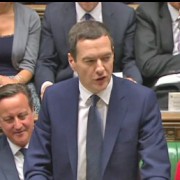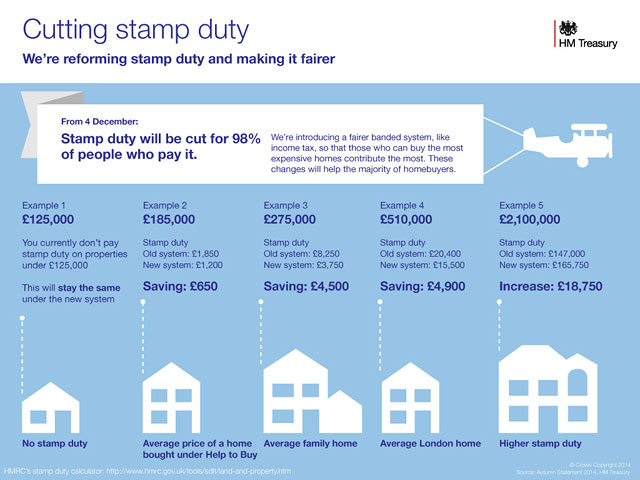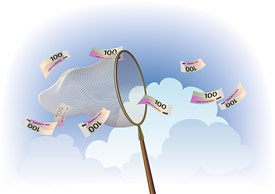VAT Clampdown for UK Sales on eBay & Amazon

According to a website1 run by a campaigning group of UK eBay and Amazon business sellers, HMRC and UK traders lost out on £27 billion in sales revenue and taxes from such online marketplaces over the last three years alone. The group has campaigned for some time against over-leniency by HMRC towards overseas traders, particularly from China, who have not been charging VAT on products, despite those products being located (often via UK fulfilment houses) and supplied within the UK. Moreover, the overseas sellers’ volumes are also often well over the threshold for registering for VAT if selling from inside the UK, yet many have continued to flout the law and seem to have been getting away with it for a considerable time. That hurts both HMRC in terms of lost VAT and tax revenue, as well as making it difficult for compliant UK sellers to compete against competitor prices that seem ‘too good to be true’.
“This abuse has grown significantly and now accounts for £1 – 1.5bn of the total VAT gap. These overseas traders are unfairly undercutting all businesses trading in the UK, abusing the trust of UK consumers and depriving the government of significant revenue.”
(Source: David Gauke MP, Chief Secretary to the Treasury, 16th March 2016).
Levelling the Playing Field
However, following new changes that came into effect on 1st August, that is now starting to change. While it’s not yet a perfect system to fight VAT fraud in online marketplaces and level the playing field for legitimate UK businesses, it is at least a start. Genuine private sellers using the platforms will, though, see a small increase to their costs in the form of VAT now being levied on eBay and Amazon fees, but hopefully it’s a small price to pay to make for a more fair, and legal, system overall.
VAT Changes Starting This Month
As part of the March 2016 Finance Bill delivered by then Chancellor George Osborne, UK individuals selling on eBay will begin paying VAT on eBay charges, starting on the 1st of August (2017). The VAT rate will be the standard 20% rate and will be automatically charged on eBay fees to UK sellers who have not registered as business sellers with the company. It may at first seem odd to target non-businesses, but actually this is a way to force the likes of Amazon and eBay to put pressure on those who have not registered with them as businesses when, in many cases, they should have. Such online marketplaces will also potentially become liable for the outstanding VAT on products actually sold if they do not take measures to counter (or remove) non-compliant overseas sellers.
“HMRC will also be given new powers to make online marketplaces jointly and severally liable for the unpaid VAT of overseas businesses who are non-compliant with UK VAT rules and using their platforms to sell through … These measures will provide HMRC with the tools necessary to tackle the overseas businesses who do not comply with UK VAT rules and help level the playing field for all businesses.”
(Source)
Those businesses operating within the UK will need to properly register as business sellers, in which case they will generally also need to account for VAT as a business if their taxable turnover is above the VAT threshold of £85,000 (or £70,000 if ‘distance selling’ into the UK) over the course of a year.
UK eBay sellers, and overseas sellers supplying/fulfilling orders completely within the UK, will now Read more



 A warning and reminder to landlords: the Chancellor’s Summer budget back in July will hit buy-to-let investors’ profits once the changes kick in, so now is the time to start planning ahead. Not all landlords will be affected though; if their rental property is mortgage free or if they sell within the next 2 years these changes won’t affect them. However those landlords that are Higher and Additional taxpayers will notice their tax relief reduce by 2020. Also, investors near the tax threshold could find themselves in the next tax bracket, which could have a knock-on effect and increase their tax exposure.
A warning and reminder to landlords: the Chancellor’s Summer budget back in July will hit buy-to-let investors’ profits once the changes kick in, so now is the time to start planning ahead. Not all landlords will be affected though; if their rental property is mortgage free or if they sell within the next 2 years these changes won’t affect them. However those landlords that are Higher and Additional taxpayers will notice their tax relief reduce by 2020. Also, investors near the tax threshold could find themselves in the next tax bracket, which could have a knock-on effect and increase their tax exposure.


 Back in January
Back in January Part of the Chancellor’s recent Budget included plans to recover tax owed to the Treasury direct from the debtor’s bank account — all done directly and without a Court Order being necessary. This has been criticised widely but HMRC says that only 17,000 people in the UK per year would fall into this potential scenario and that it would only occur for those owing more than £1,000 in unpaid tax or tax credits owed. Moreover they say that they would only target long-standing tax debts from those who had received a minimum of 4 payment demands and whose bank and savings accounts combined had a minimum total balance of £5,000 or more remaining after any tax bad been directly seized. Also the debtor involved will have been issued with a final warning period of 14 days, during which the funds concerned would be frozen, before any tax was directly withdrawn.
Part of the Chancellor’s recent Budget included plans to recover tax owed to the Treasury direct from the debtor’s bank account — all done directly and without a Court Order being necessary. This has been criticised widely but HMRC says that only 17,000 people in the UK per year would fall into this potential scenario and that it would only occur for those owing more than £1,000 in unpaid tax or tax credits owed. Moreover they say that they would only target long-standing tax debts from those who had received a minimum of 4 payment demands and whose bank and savings accounts combined had a minimum total balance of £5,000 or more remaining after any tax bad been directly seized. Also the debtor involved will have been issued with a final warning period of 14 days, during which the funds concerned would be frozen, before any tax was directly withdrawn.